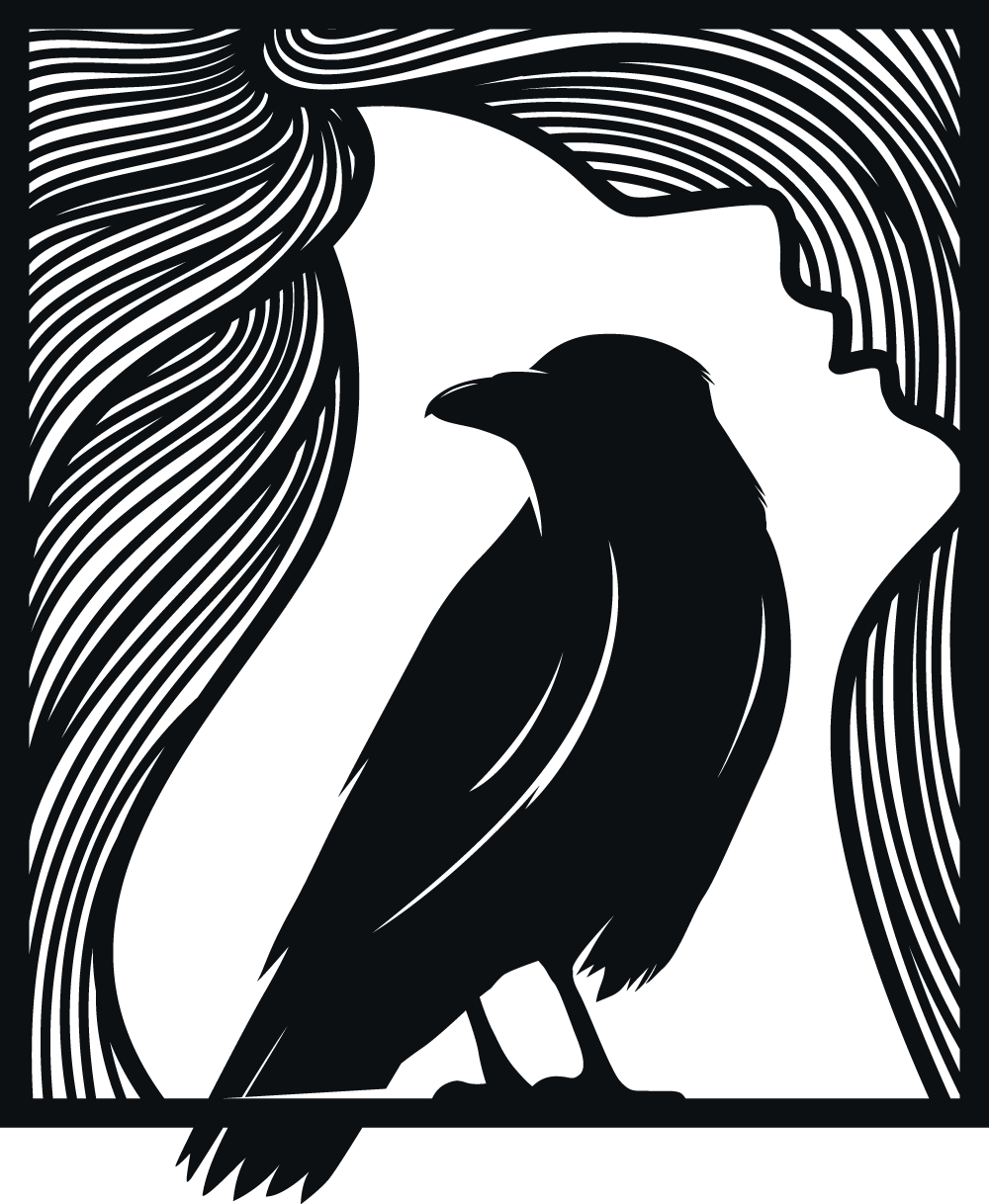
Throughout history, the term "witch" has been used in various ways to describe different people. It has referred to practitioners of sorcery, individuals who are different, those believed to have supernatural powers, and even simple healers. Witches where midwives, herbalists, homeopaths, seers and oracles. Witches would be the onces who attend to body's and prepare them for the funeral services.
Historically, witchcraft often carried negative connotations, leading to persecution and execution of those labeled as witches. Even today, if I say I am a witch, I am often met with questions like "Can you turn someone into a frog?" or dismissive remarks suggesting witches only exist in fairytales.
To me, calling myself a witch is about honoring all the people who were persecuted for being different. It’s about embracing the legacy of men and women who work with nature and the old gods. Being a witch means being proud of one’s uniqueness, gathering wisdom from the "old" ways—whether they are newly invented or ancient practices.
I am a witch. I worship nature, respect people, and believe in the old gods. I believe in magic—not in the sense of turning someone into a frog, but in more subtle, meaningful acts. Lighting a candle for someone who is sick, performing a cord-cutting ritual to let go, working with the phases of the moon, and following the seasons in my life are all part of my practice. Some people are fortunate to be raised in witchcraft, but many others find it later in life.
If you want to learn more about what witchcraft is and its history, you can read my article Proud to be a witch.

